If you ever see a salad green referred to as “rocket,” it’s simply another name for arugula, or roquette in French. A type of Brassicaceae along with kale and cauliflower, arugula’s delightfully pungent leaves have been cultivated in Europe and the Mediterranean, and is a perennial favorite in Italian cooking.
Unremarkable in appearance, arugula is often added to mesclun mixes, where it adds a delicious zest. While the young, paler leaves have a mild flavor — good for fresh dishes like salad and pesto — the older, darker leaves have a bit of pepper to them, making them stand out in soups and pizza toppings.
Health Benefits of Arugula
Arugula derives a lot of nutritional value from its cruciferous family roots, such as antioxidant benefits from glucosinolates and detoxifying power from enzymes. It’s an excellent source of fiber, which studies have found to be helpful in reducing the risk for Type 2 diabetes, obesity and cardiovascular disease.
Arugula also contains a variety of vitamins, including vitamin A, which may help lower your risk for age-related macular degeneration and cancer, as well as vitamin C, which may help boost your immune health. Other notable vitamins found in arugula include vitamin K, folate, riboflavin, thiamin, zinc, vitamin B6 and pantothenic acid (vitamin B5).
Arugula also provides an array of minerals, such as calcium, iron, magnesium, phosphorus, potassium, manganese and copper. Its flavonoid content may help lower inflammation, inhibit cholesterol from sticking to the arteries, blood pressure levels, increase blood flow and improve blood vessel function.
Arugula Nutrition Facts
If you’re keeping track of the amount of calories, vitamins and minerals that you consume within a day, then you should check out the table below for the nutrients that you can get from arugula:
| Arugula Nutrition Facts
Serving Size: 3.5 ounces (100 grams), raw |
||
| Amt. Per Serving |
% Daily Value* |
|
| Calories | 25 | |
| Total Fat | 0.66 g | |
| Saturated Fat | 0.086 g | |
| Trans Fat | ||
| Cholesterol | 0 mg | |
| Sodium | 27 mg | |
| Total Carbohydrates | 3.65 g | |
| Dietary Fiber | 1.6 g | |
| Sugar | 2.05 g | |
| Protein | 2.58 g | |
| Vitamin A119 µg | Vitamin C | 15 mg |
| Calcium160 mg | Iron | 1.46 mg |
Studies Done on Arugula
According to a study published in the World Journal of Gastroenterology, arugula extract exhibits “anti-secretory, cytoprotective, and anti-ulcer activities,” making it useful for reducing the symptoms associated with gastrointestinal ulcers. Researchers conclude that these properties are possibly due to the many antioxidants that arugula contains.
Moreover, a study published in Pharmacological Research has linked cruciferous vegetables like arugula to a lower risk for lung, colorectal and other cancers. This is also supported by a 2014 study published in the journal PLOS ONE, which found that erucine, the major isothiocyanate found in arugula, may help lower the risk for cancer by helping inhibit “critically important microtubule-dependent cell functions,” including the proliferation and migration of malignant cancer cells.
How to Buy and Store Arugula
When shopping for arugula, look for those that have perky bright green leaves. Refrain from buying arugula with leaves that are wilted, have dark or slimy spots, or yellow or brown edges. To keep your arugula fresh and crispy, wrap it in a paper towel, put it in a resealable plastic bag and store in the crisper of your refrigerator. It should keep for up to two days. Wash it only when you’re ready to use it.
Tips for Growing Arugula at Home
Arugula is a cool-weather crop, making it ideal for planting during fall. It thrives best when planted in humus-rich soil that has a pH between 6 and 7.0. The ideal temperature for growing arugula is between 40 and 55 degrees Fahrenheit. It needs full sun exposure when the temperature is cool, but make sure to put it under partial shade when the temperature becomes warmer.
Make sure to water your arugula plant regularly to keep it from bolting quickly. If you’re growing from the seeds, scatter them 4 to 6 inches apart, preferably under the shade of taller plants like beans and tomatoes. For more helpful tips on growing arugula, read my article “How to Grow and Enjoy Arugula.”
Arugula Fun Facts
Ancient Roman and Egyptians during the first century A.D. considered arugula to be a powerful aphrodisiac. The leafy green was consecrated to the fertility god Priapus, who also guarded gardens and domestic animals.
Summary
Arugula is a leafy green vegetable that’s loaded with nutritional benefits for nearly every area of the body, from the brain to the liver, as well as the skin and blood vessels. A zesty addition to any salad, it’s also great in other recipes, such as pizza, pesto and soup.


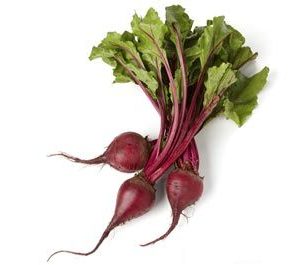
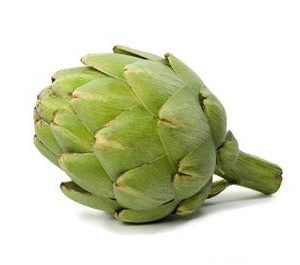
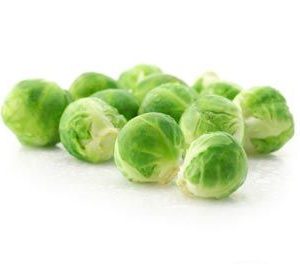
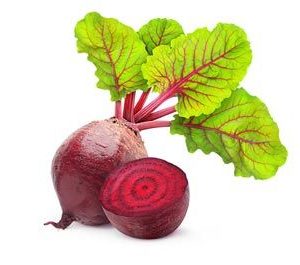
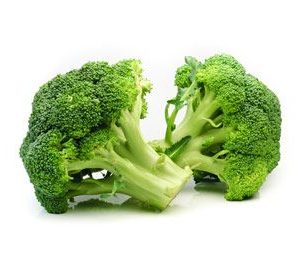
Reviews
There are no reviews yet.